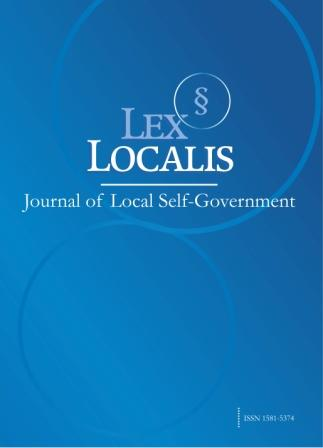A Study on the Effectiveness of Corporate Participation in the Governance of Vocational Colleges under a Polycentric governance Framework
DOI:
https://doi.org/10.52152/800166Keywords:
Polycentric Governance, Ostrom's Design Principles, Enterprise Participation, Governance of Vocational Colleges, Ordered Logit Model.Abstract
To enhance the efficacy of corporate involvement in vocational education governance is pivotal for deepening industry-education integration, yet existing studies inadequately address the synergistic mechanisms between institutional rules and stakeholders' cognitive disparities. This study constructs a nested analytical framework of "basic rules—operational rules—legitimacy rules" based on Ostrom's polycentric governance theory. By applying an Ordered Logit model to 427 survey datasets, it systematically examines the nonlinear mechanisms of governance rules. Key findings include: clear accountability, supply-demand alignment, collective negotiation mechanisms, and efficient conflict resolution significantly promote sustainable corporate engagement. While isolated supervisory and reward-penalty rules show inhibitory effects, their interaction yields synergistic benefits, highlighting the need for dynamic adaptation between rigid constraints and flexible incentives. The interaction between hierarchical government empowerment and organizational legitimacy recognition demonstrates a strong positive moderating effect, validating the "nested institutions" hypothesis in polycentric governance. Furthermore, stakeholders' positional differences correlate with marked cognitive divergence, as business managers exhibit significantly higher optimistic expectations than vocational teachers due to their decision-making authority and closed-loop interest mechanisms, underscoring the erosive impact of frontline actors' institutional absence on governance consensus. This study expands polycentric governance theory's applicability in educational governance and offers quantitative evidence for optimizing school-enterprise collaborative policies.
Downloads
Published
Issue
Section
License
Copyright (c) 2025 Lex localis - Journal of Local Self-Government

This work is licensed under a Creative Commons Attribution-NonCommercial-NoDerivatives 4.0 International License.








